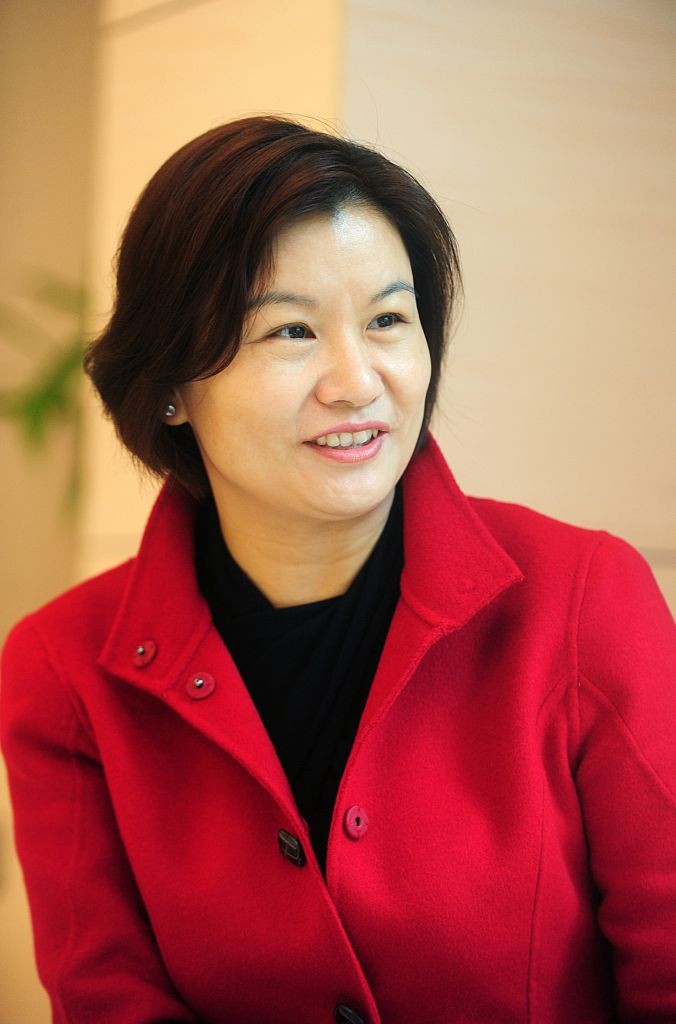An organization is calling for greater participation of women in the workforce around the world during the G(irls) 20 summit held in Beijing on Tuesday, Aug. 9, China Daily reported.
At least 24 young women from more than 1,700 applicants from G20 member countries joined the summit organized by G(irls)20, a Canadian-based organization, that pushes for more women in the workforce.
China's representative in the summit, Hong Xinyu - a 20-year-old college student from East China - said she would like to see more Chinese women succeed as entrepreneurs.
Hong said she plans to open a workshop that would provide leadership and management training to women who were not able to go to college.
"Chinese women still don't have enough opportunities to achieve career success," Hong said. "One important reason is that many of us lack leadership ability and entrepreneurship."
Farah Mohamed, head of G(irls)20, praised China for producing women in power, especially in business.
"We have women being promoted to senior level jobs. We don't have enough, but we have more," Mohamed said. "The company Didi Chuxing, which just acquired the China business of Uber, is run by a woman. That's incredible, and we need to see more of that."
Eight of the world's top-10 wealthiest self-made women are from China while there are only two from the United States, according to a report released by Hurun last year. On top of the list is Zhou Qunfei, the chair and president of touch-screen maker Lens Technology, with her $7.8 billion.
During the meeting, the young women representatives contributed their ideas on how to increase women participation in the workforce.
The group had agreed to implement a global "gender gap goal" that would help create more than 100 million new jobs for women across the G20 nations.
Between 1995 and 2015, the proportion of the female population in the global workforce decreased from 52.4 to 49.6 percent, the International Labor Organization (ILO) said. It added that the chances for women to participate in the labor market is almost 27 percentage points lower than for men worldwide.



























